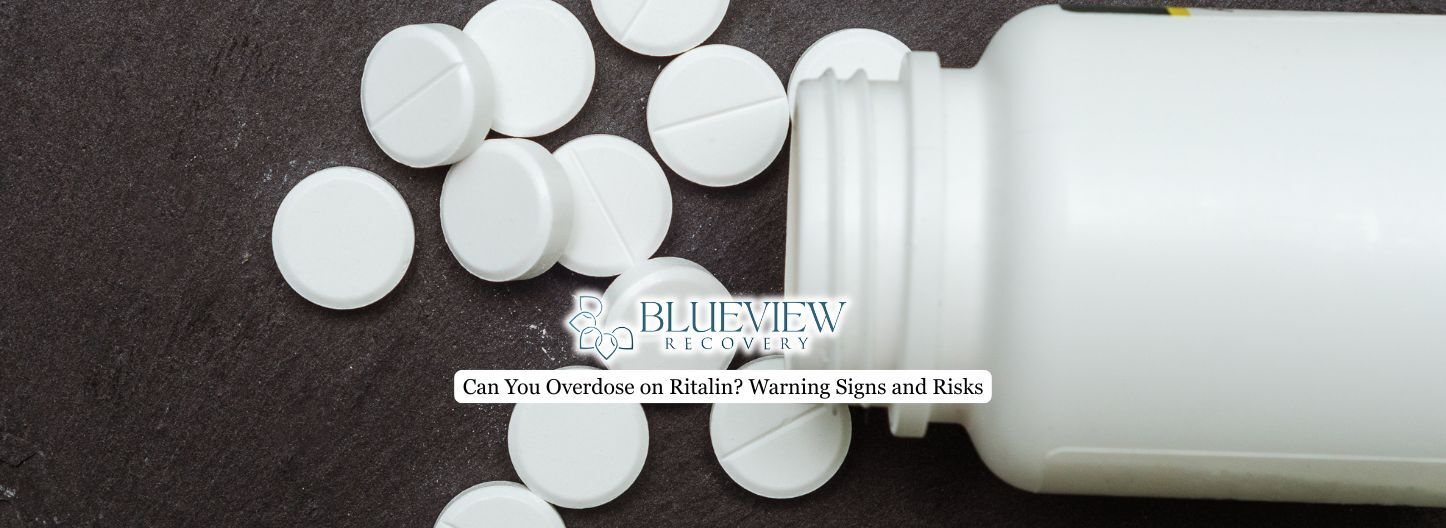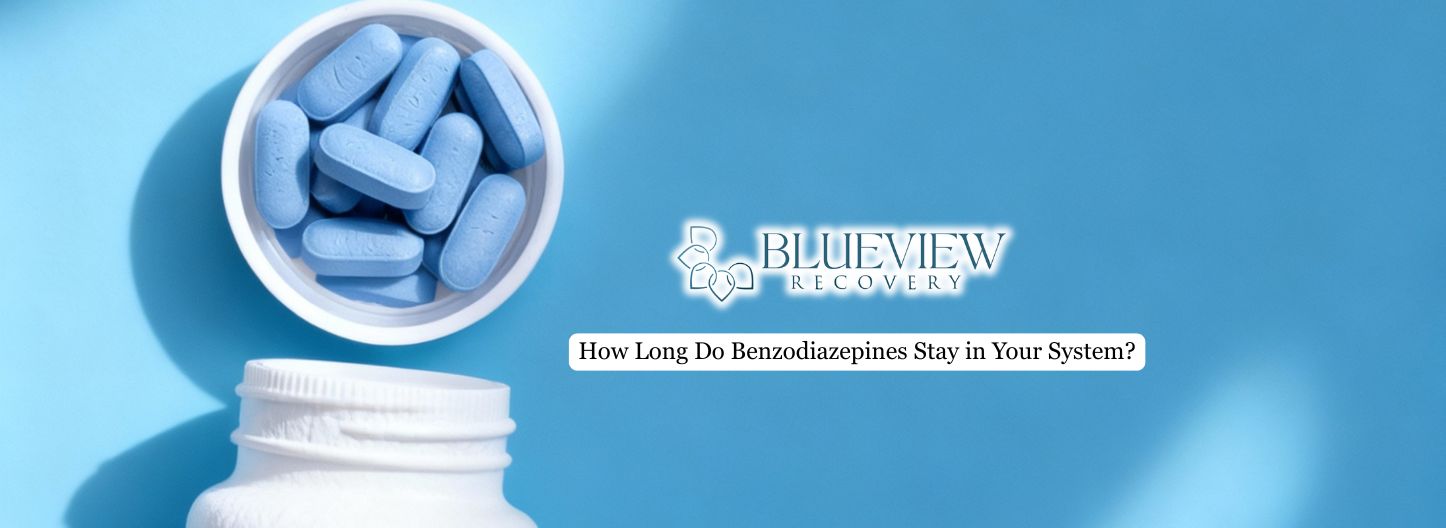Not everyone in recovery needs the intensity of inpatient treatment, but many also find that regular outpatient visits aren’t enough. That’s where Partial Hospitalization Programs (PHPs) come in, providing people with the extra structure they need without requiring them to step away from their daily responsibilities.
In the following sections, we’ll break down the key benefits of PHPs and how they can make recovery more sustainable.

What Is a Partial Hospitalization Program?
A Partial Hospitalization Program is a highly structured form of addiction treatment that provides full-day therapeutic services while allowing patients to return home in the evenings. This model is often used as a step-down after residential rehab or as an option for people who need more than standard outpatient care but do not require 24-hour supervision.
The program typically involves daily schedules that include individual and group therapy, skills training, relapse prevention, and medical or psychiatric support such as medication management. The program is most effective for individuals who are medically stable, have a safe and supportive home environment, and are motivated to participate consistently.
As part of the continuum of care, PHPs serve a critical role in bridging the gap between residential treatment and IOPs, offering structure and accountability without removing individuals from their daily responsibilities.
Structured Support with Real-World Flexibility
What makes this model effective is the chance to apply recovery strategies outside the treatment setting while still receiving daily accountability. Patients can test coping tools in real-world situations, whether at work, in school, or with family, and then process those experiences in therapy the following day. This cycle of practice and feedback strengthens recovery skills and supports a smoother transition toward independent living.
Cost Efficiency Compared to Residential Treatment
Partial Hospitalization Programs are generally more affordable than residential rehab because they do not include housing, meals, or overnight staffing. Patients receive the same intensive daytime therapy at a fraction of the cost.
In many cases, insurance providers cover PHPs at levels similar to or higher than those of outpatient care, making them an accessible option for individuals who require daily support without the financial burden of residential treatment. This balance of clinical intensity and affordability allows more people to access high-quality services and remain engaged in recovery.
Personalized, Evidence-Based Therapies and Integrated Care
PHPs use evidence-based therapies to address both substance use and underlying mental health conditions. Treatment plans are customized for each individual and may include cognitive-behavioral therapy (CBT), dialectical behavior therapy (DBT), trauma-focused interventions, medication-assisted treatment, and other proven approaches.
Integrated care is a central component of this model. Many people in recovery also face depression, anxiety, PTSD, or other co-occurring disorders that, if left untreated, can undermine progress. By treating both addiction and mental health together, PHPs improve engagement, lower relapse risk, and provide more stable, long-term outcomes.
Safe Transition and Continuity of Care
The shift from residential rehab to independent living is one of the riskiest points in recovery. A sudden drop in structure can leave individuals vulnerable to relapse. PHPs ease this transition by maintaining daily therapeutic support while gradually increasing autonomy.
This ensures that progress made in inpatient treatment isn’t lost too quickly. Regular therapy, clinical monitoring, and peer support provide stability during this critical phase. PHPs can also serve as a step-up for those who require more than outpatient care, ensuring that treatment adapts to each person’s level of need.

Peer Support and Accountability
In a PHP, clinician-led group therapy anchors the daily schedule and connects participants who share similar challenges and goals. Working with a consistent cohort fosters a sense of community, encourages mutual responsibility, and creates a safe environment for practicing recovery skills.
This group dynamic reduces isolation and stigma, both common relapse triggers. While boosting motivation through real feedback and shared problem-solving. Practical exchanges (coping strategies, craving management, relapse-prevention plans) reinforce what’s taught in individual sessions, and regular attendance checks and progress reviews help people follow through on their commitments.
Strong Aftercare and Long-Term Planning Foundation
Successful recovery depends on what happens after formal treatment ends. Effective programs emphasize relapse prevention strategies, coping skills, and clear plans for ongoing care.
Within PHPs, discharge planning typically includes ongoing outpatient therapy, participation in peer or 12-step groups, and connections to community resources such as sober housing or vocational support. Many programs also coordinate continued medication management when needed.
How to Choose a Quality PHP Program
Because PHPs differ in approach and resources, it’s important to know what separates a reliable program from the rest. Key signs of quality include proper licensing and accreditation, a multidisciplinary clinical team, and the use of evidence-based therapies for both substance use and co-occurring mental health disorders.
It’s also important to consider how well-structured the program is. Strong PHPs provide individualized plans, family involvement, and clear aftercare planning. Transparency matters as well, as patients and families should understand the treatment approach, therapy modalities, daily schedule, and how progress will be measured. Practical considerations such as insurance coverage, location, and accessibility can also influence whether a program is the right fit.
Final Thoughts from Blueview Recovery
Addiction recovery often requires a balance between structured clinical care and the ability to stay engaged in daily life. PHPs are designed to provide that balance, offering intensive therapy, medical support, peer connection, and aftercare planning without the need for 24-hour residential admission.
At BlueView Recovery, we’ve built our Partial Hospitalization Program in Philadelphia, PA, around these very principles. Our program combines evidence-based therapies, such as CBT and DBT, with family involvement, relapse-prevention groups, and holistic care, all within a full-day schedule that prepares clients for long-term success.





